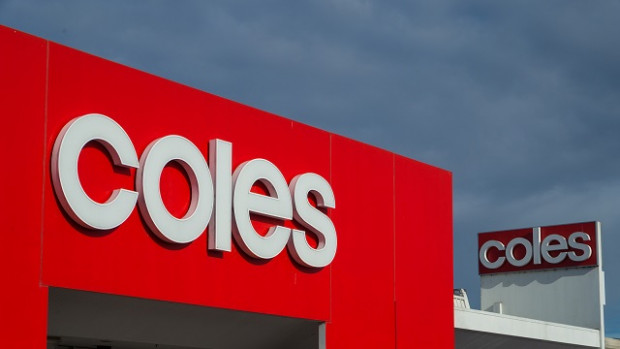
Supply chain issues dominated the Coles AGM on Wednesday, as one by one workers raising concerns over poor practice, pay and conditions.
Members of the United Workers Union, which formed on Monday November 11 when the National Union of Workers and United Voice merged, called on Coles chairman James Graham to provide assurances and agreement on several substantive issues.
Farm members called for ensure fairness and dignity for farm workers and the eradication of modern slavery in the Coles supply chain.
The union represents over 150,000 workers across major industries including food supply chain, manufacturing and logistics.
Jannette Armstrong, farms director at the United Workers Union said in a statement that members want Coles to commit to a “pre-qualification agreement an effective ethical sourcing system and grievance procedure that includes worker voices and farm workers’ chosen union, and improved worker rights education”.
“In addition, UWU members are calling on Coles to stand with them in demanding visa reform to help end the horticulture labour and exploitation crisis; and to implement a fair pricing system to ensure suppliers can meet their minimum wage obligations,” Armstrong added.
Coles works with over 7000 suppliers to bring fresh produce and packaged goods to stores around the country.
Chairman James Graham, who was bombarded with questions about supply chain practices at the AGM acknowledged the scale of the problems put forward by workers and said that Coles will do what is needed to ensure workers’ rights are protected.
“We are dealing here with something of scale and we need to do a lot of things to ensure that our commitment to ensure the protection of human rights is met,” Graham said.
Coles managing director and CEO Steven Cain said Coles “will follow up on” each of the issues raised “immediately”.
Impact of automation
The impact of automation was also a big talking point at the AGM with workers from the Goulburn manufacturing facility in NSW and the Forest Lake site in Queensland raising concerns about the impact of job losses on families and communities.
The retailer is working with Witron Australia to develop two new automated ambient distribution centres to replace three existing dry goods facilities across Queensland and New South Wales. The transition to automated operations is expected to result in the loss of hundreds of jobs.
In his opening statement, Coles managing director and CEO Steven Cain said that the technological changes at Coles are aimed at “improving our offering and lowering our costs to better meet customer expectations”.
“While much is changing in how we seek to improve our operating effectiveness, one constant is our commitment to our customers and the communities in which we operate across Australia.”
Concerns over BCA membership
Many shareholders also took issue with Coles’ membership of the Business Council of Australia (BCA) with concerns that the council does not share the same stance on sustainability and social issues that Coles has.
The BCA previously labelled Labor’s 45 per cent emission reductions target as “economy wrecking” and BCA chief executive Jennifer Westacott was criticised in September for saying Australian businesses should focus on the real virtues of business rather than representing social issues.
Coles told Inside Retail at the time that its membership of the BCA enables it to contribute to policy development to improve all communities across Australia. However, it maintains its push toward sustainable practices.
“At Coles our focus is simple – to sustainably feed all Australians to help them lead healthier, happier lives,” a Coles spokesperson said.
Coles has set a goal of becoming Australia’s most sustainable supermarket and beyond eliminating single-use plastic bags from stores, the retailer recently signed a 10-year agreement with renewable power company, Metka EGN, which will see the construction of three new solar power plants.
Shareholders have their say
James Graham, a former director of Coles ex parent group Wesfarmers for 20 years, was re-elected as chairman of the now independent business, while Jacqueline Chow was re-elected by shareholders to a director position.
Coles recently signed a memorandum of understanding with three major Australian unions, to show its willingness to work with unions.
The resolution was supported by 12.8 per cent of shareholders.
This story originally appeared on sister site, Inside FMCG.





